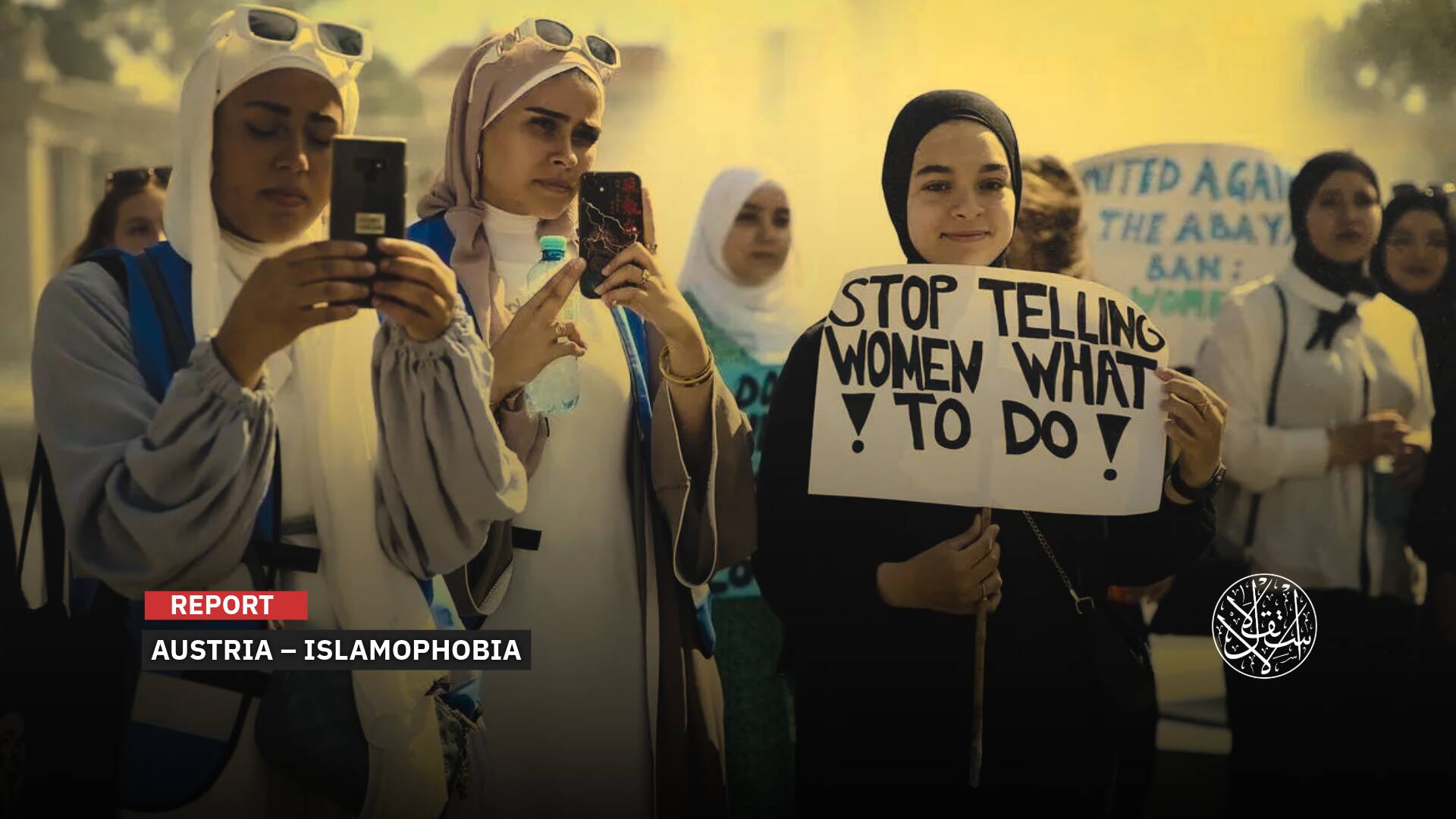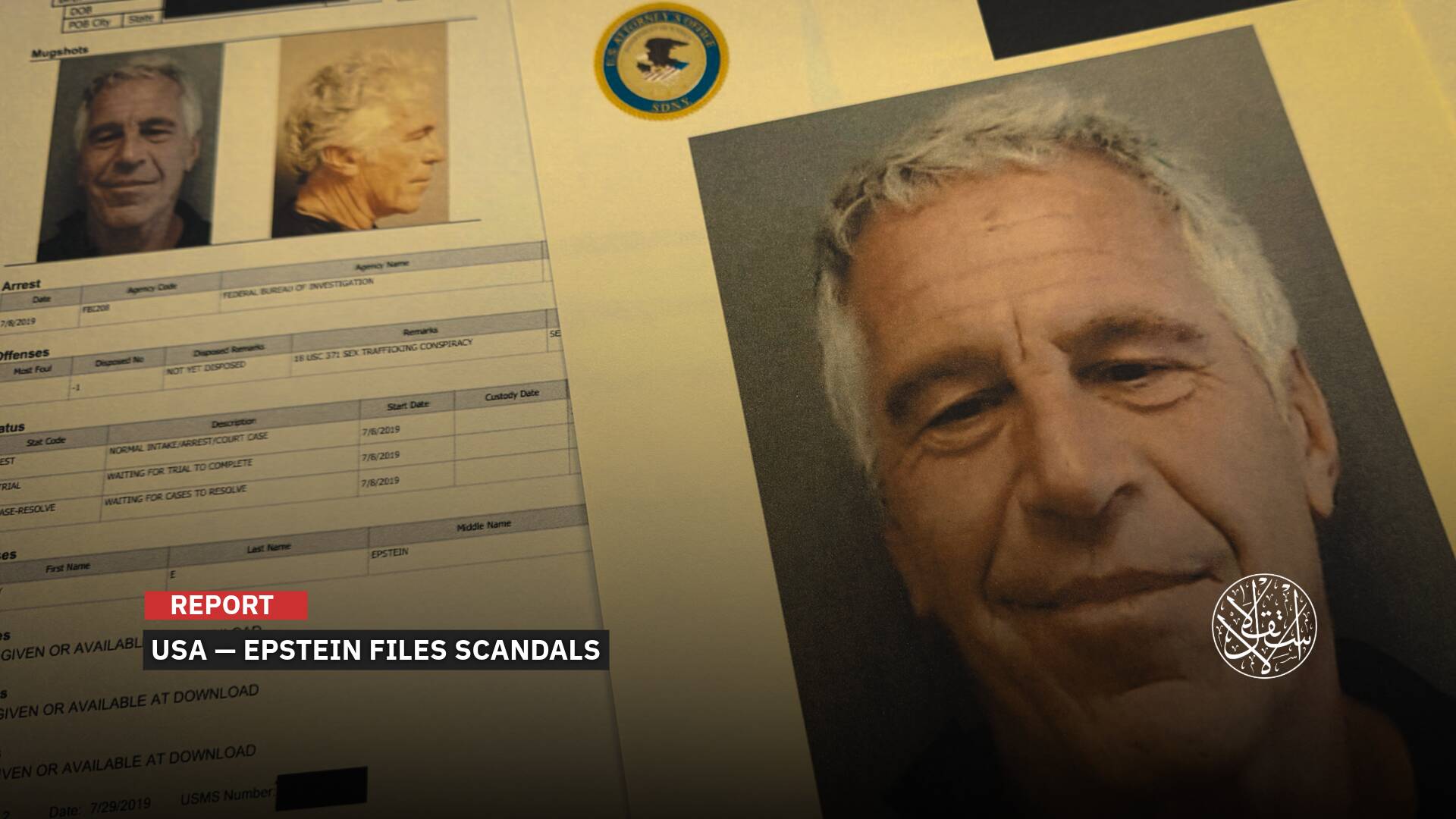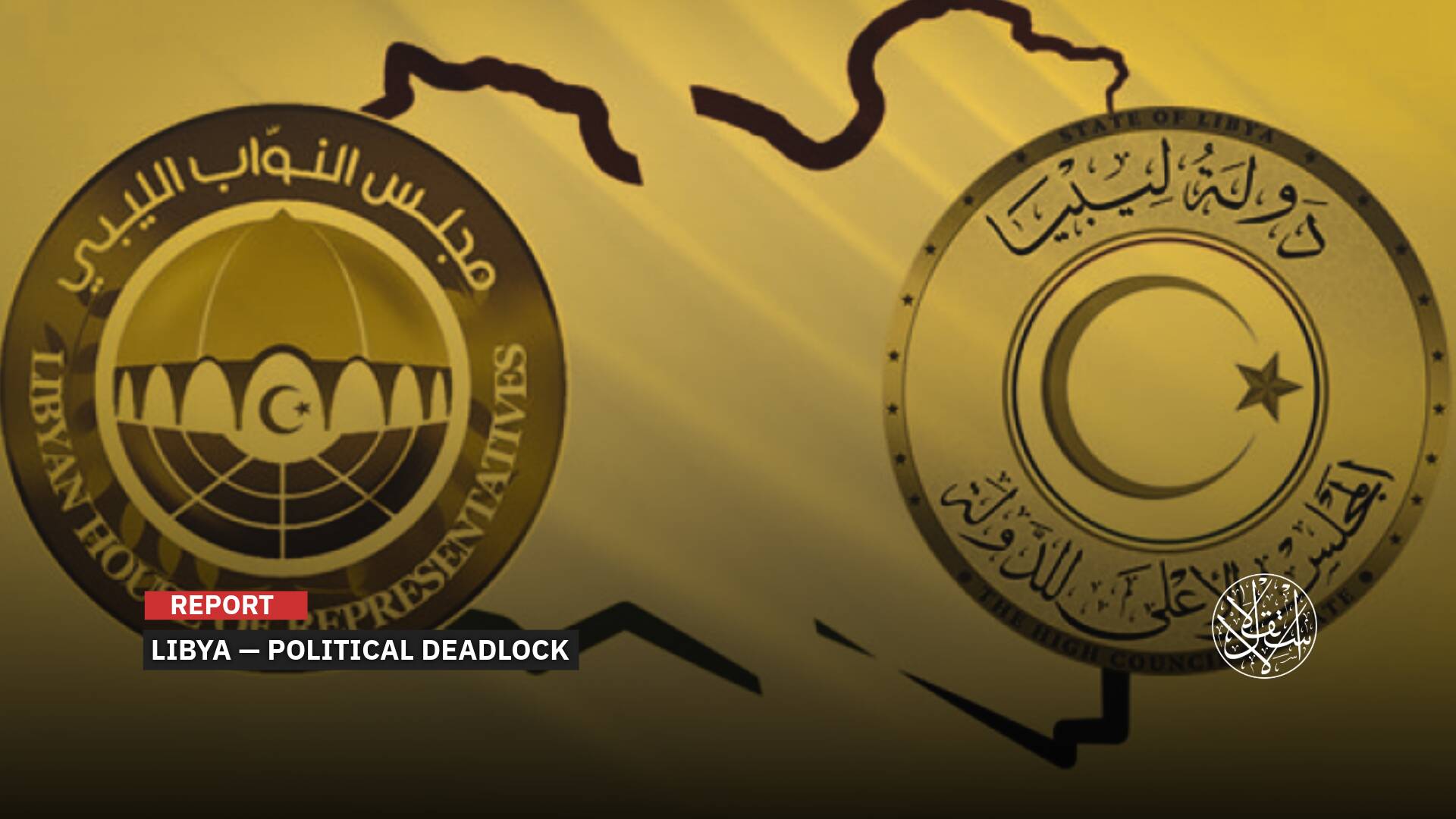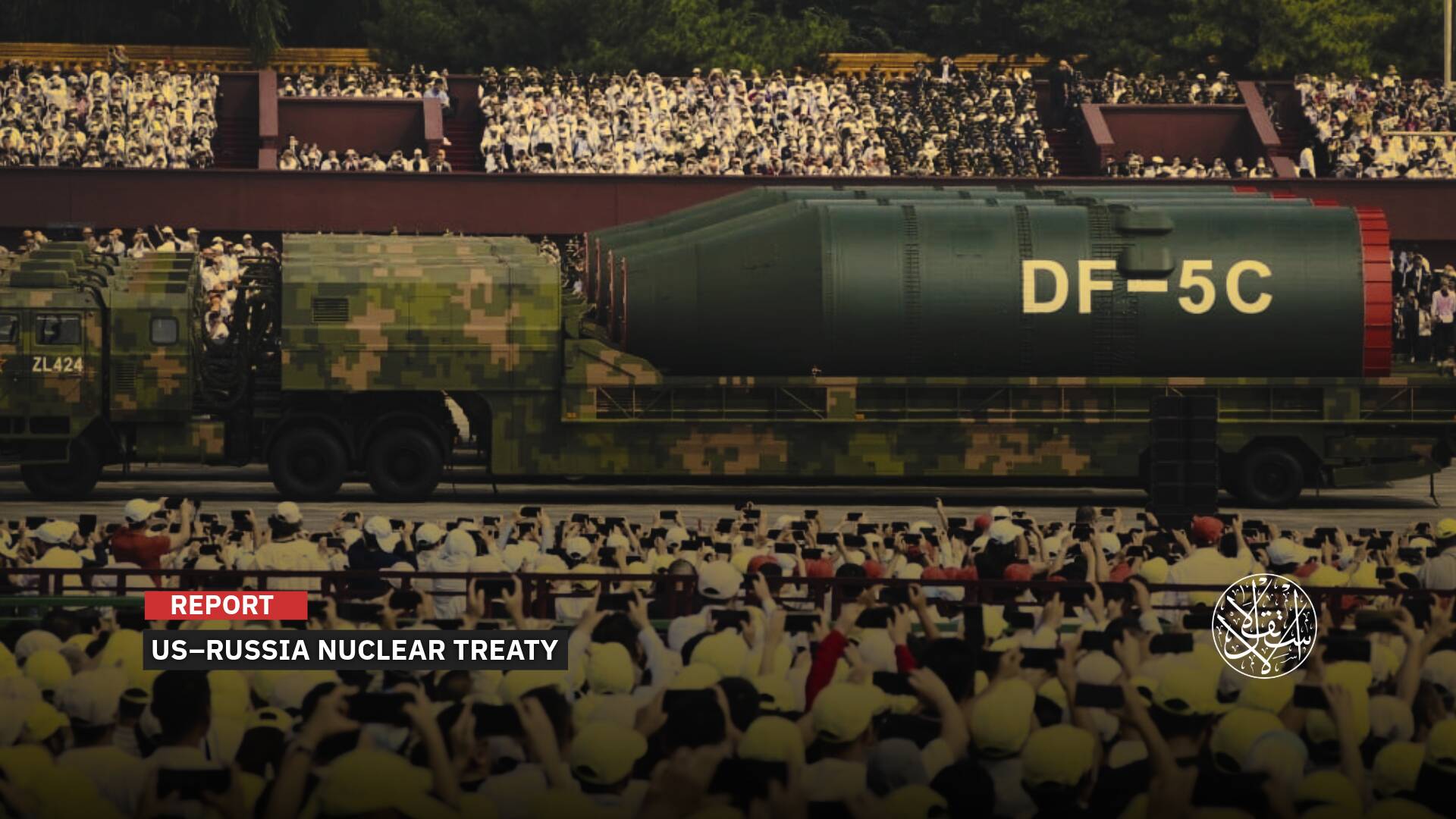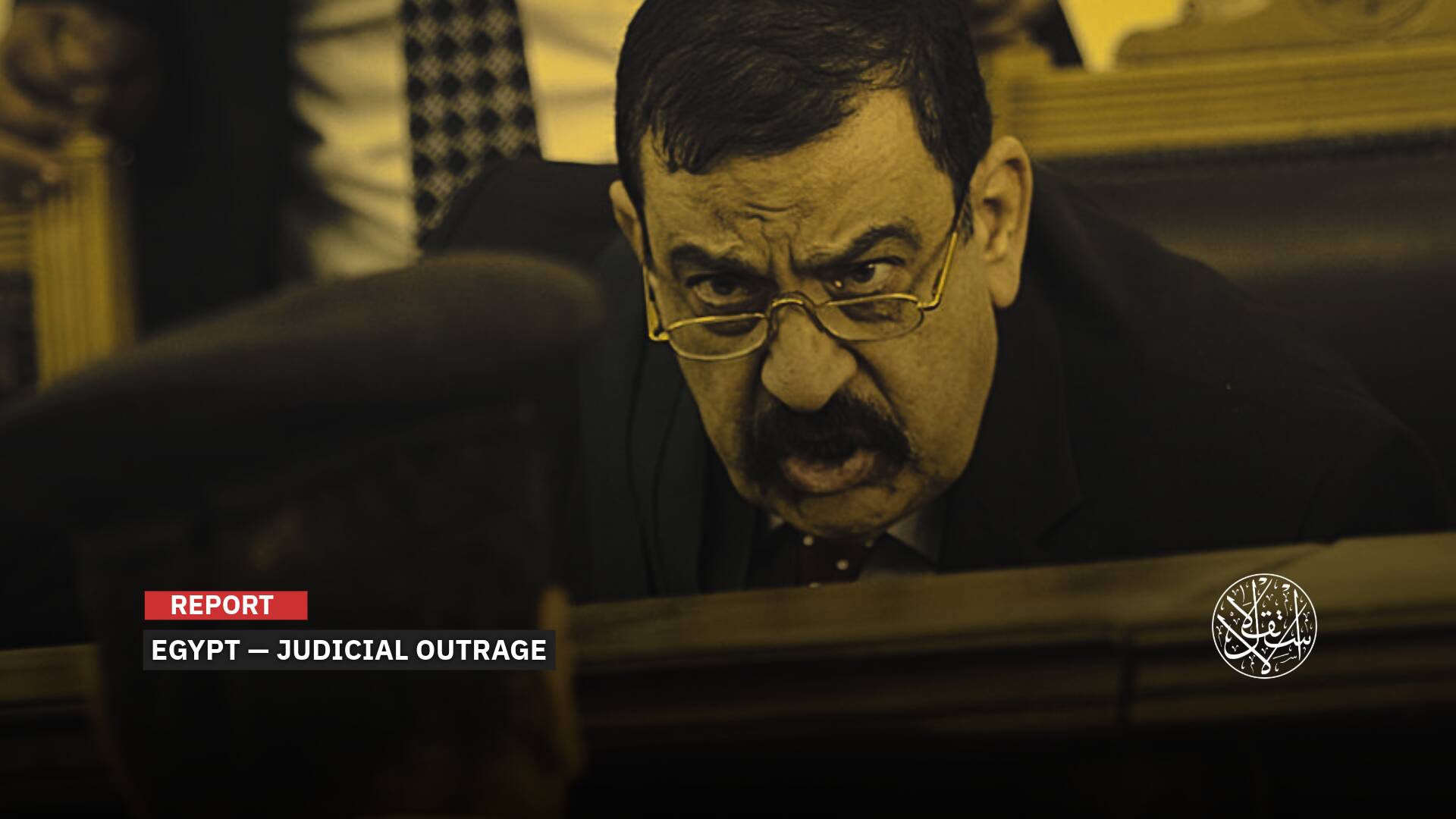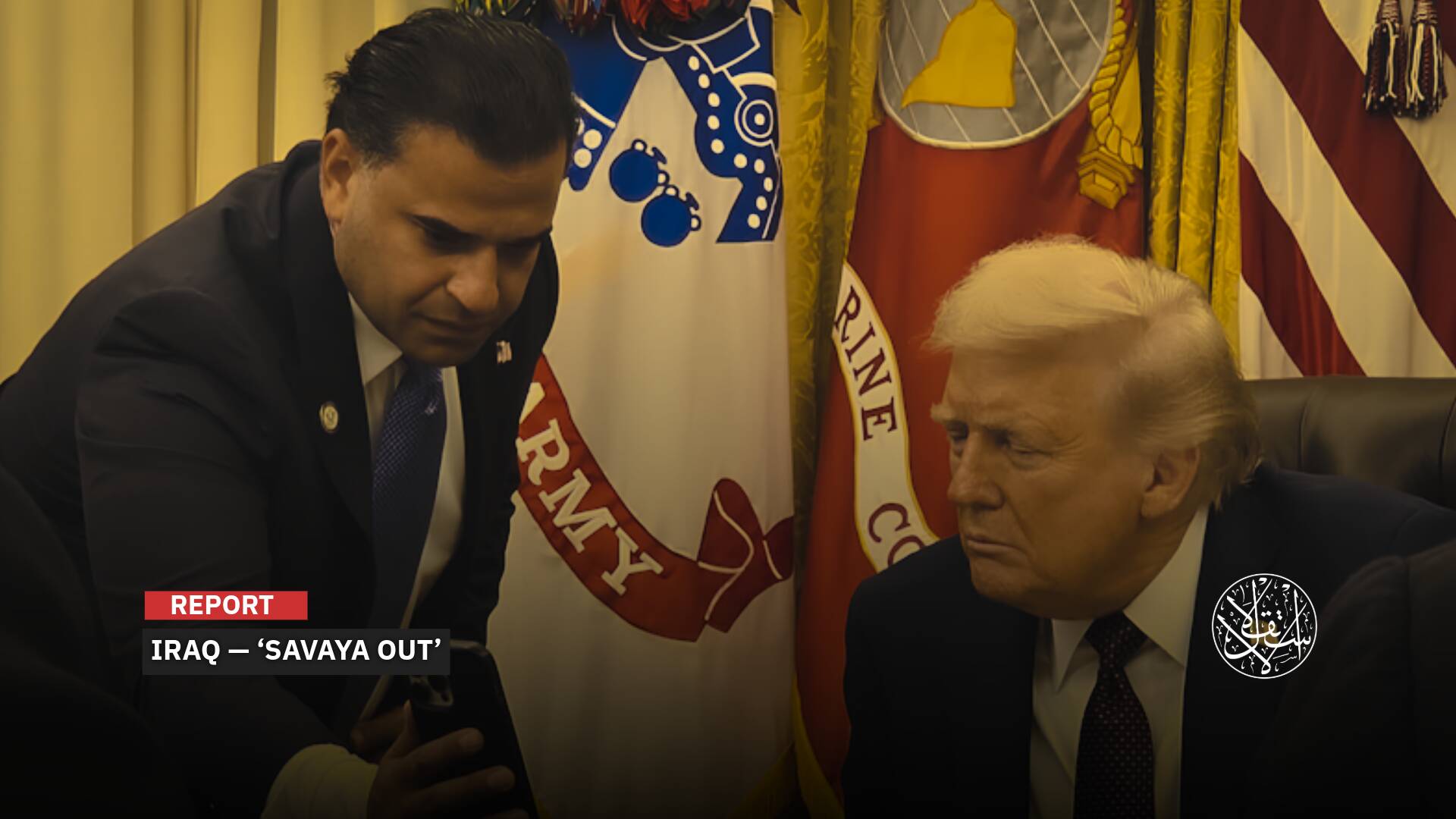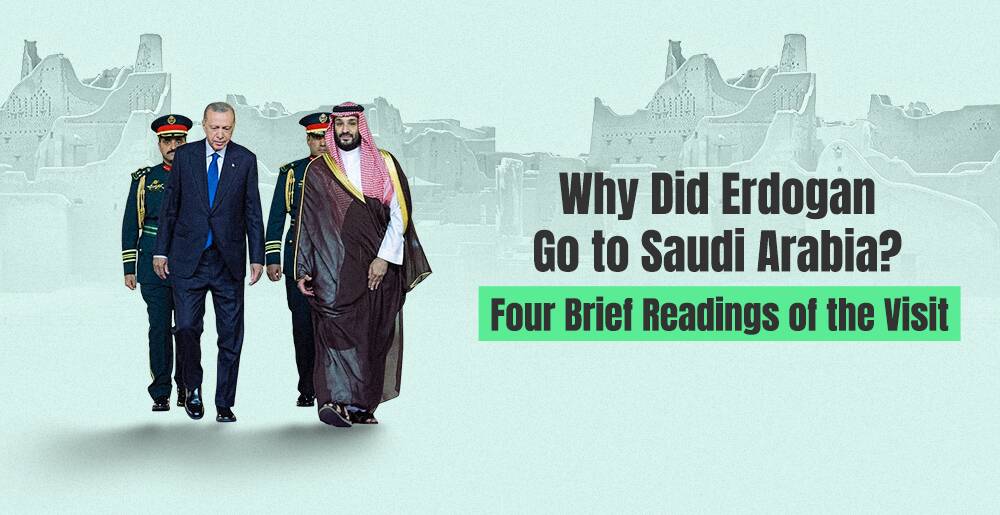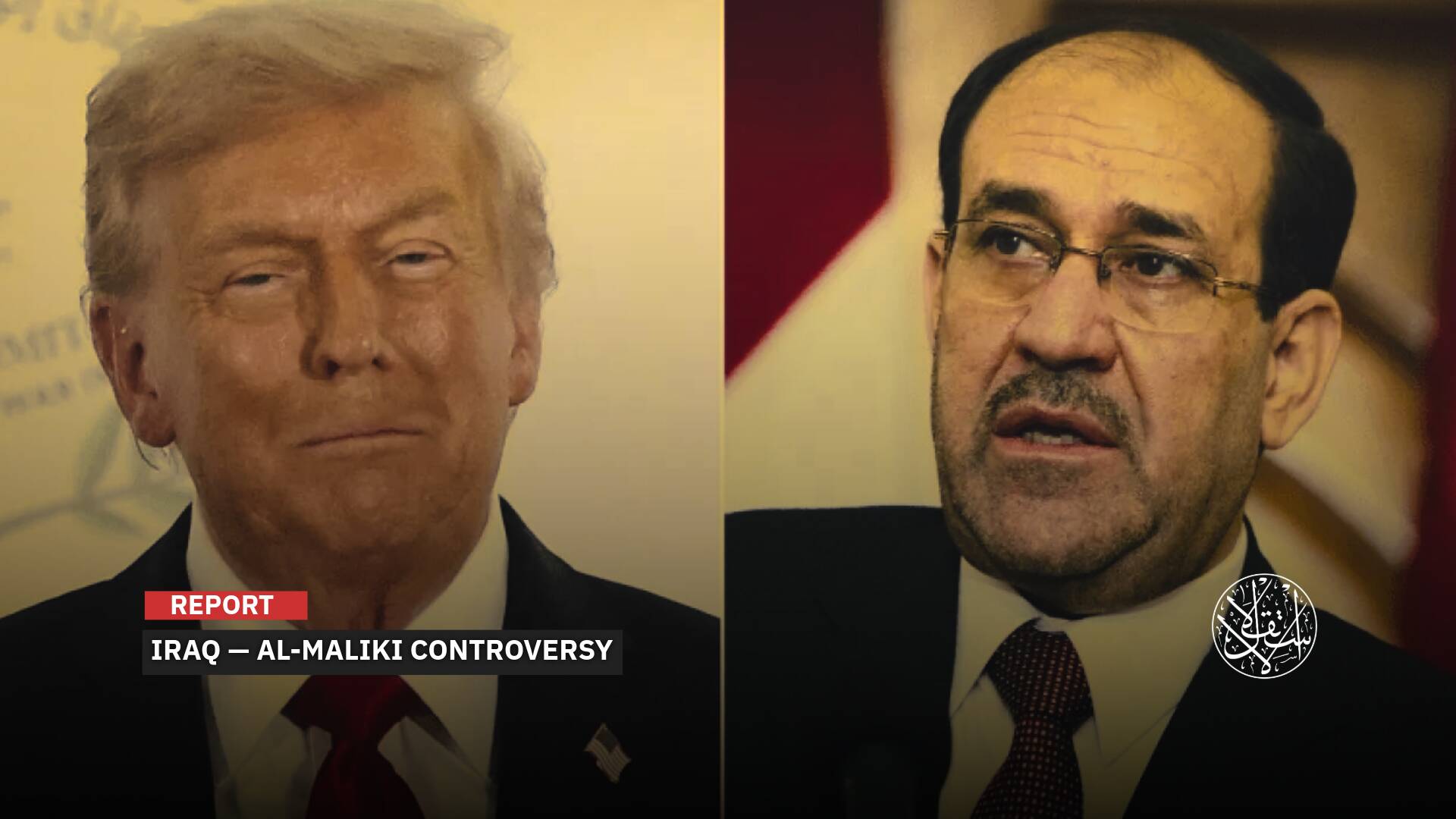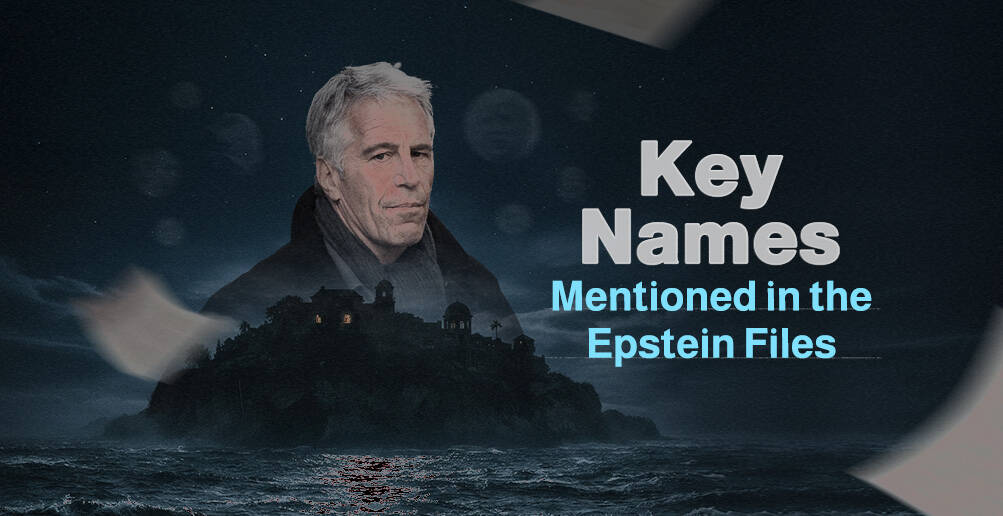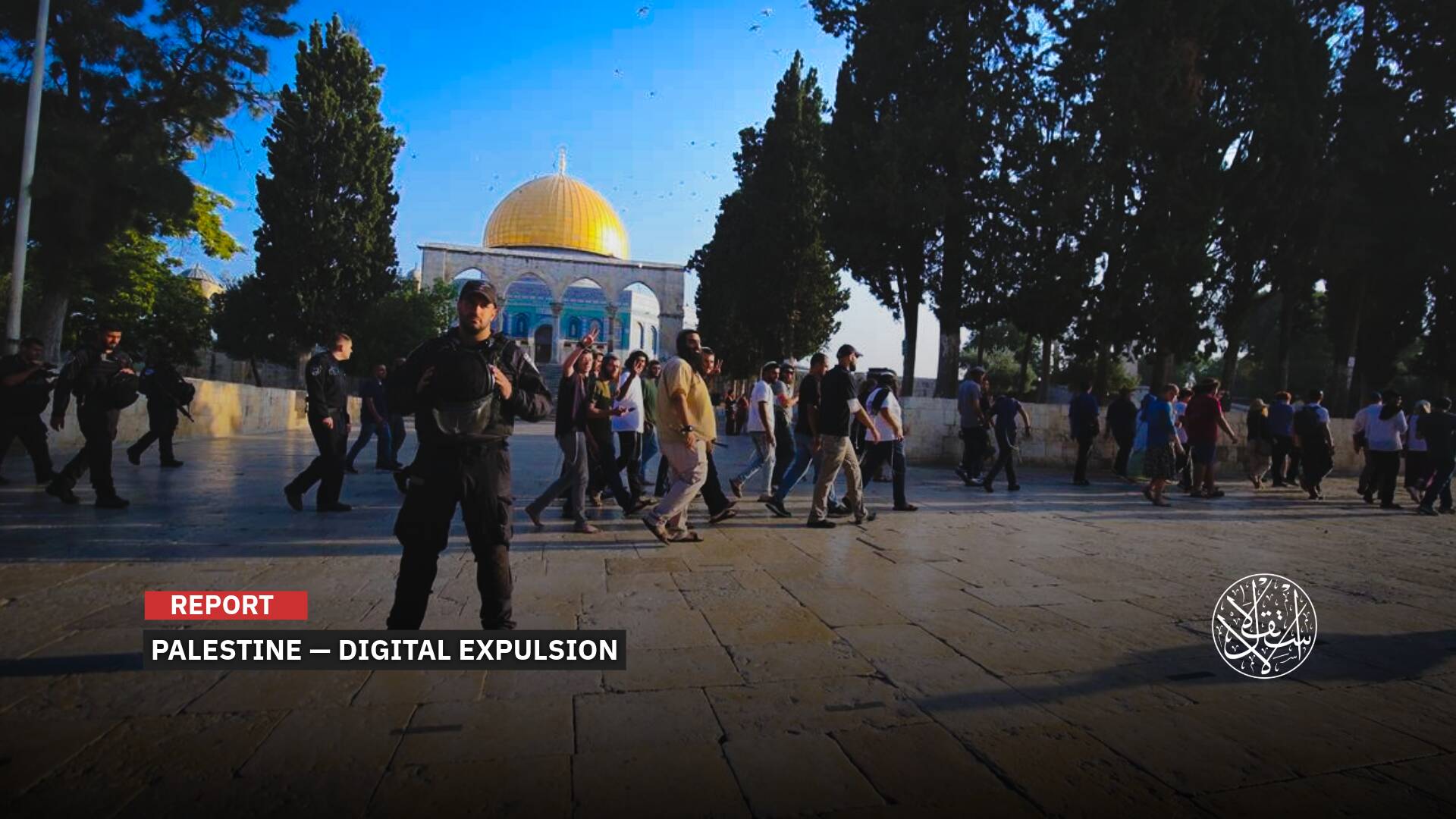Germany Receives an ‘Incomprehensible’ Diplomatic Slap in Chad: What Happened?

The Chadian government has decided to expel the German ambassador from the country, at a time when Berlin is launching a new strategy for bilateral relations with African countries, based on economic cooperation.
According to a report by France 24 on April 8, 2023, the Chadian government ordered the German ambassador, Gordon Kricke, to leave the country within 48 hours due to his “rude behavior” and “positions that lack discretion and respect for diplomatic traditions”.
In a statement, the Chadian government spokesperson, Aziz Mahamat Saleh, said: “We ask Gordon Kricke, the ambassador extraordinary and plenipotentiary of the Federal Republic of Germany, to leave Chadian territory within 48 hours.”
A source in the German Foreign Ministry told AFP that the reasons that led the Chadian government to declare the ambassador in N’Djamena a persona non grata are completely incomprehensible.
Kricke was appointed ambassador to Chad in July 2021, after holding similar positions in Niger, Angola, and the Philippines, and serving as Germany’s special representative for the Sahel region.
A Chadian government source, who asked not to be named, told AFP that authorities were particularly concerned about the diplomat’s excessive interference in the management of the country, as well as his statements that tend to divide Chadians. The same source confirmed that Kricke had received several “warnings”.
Chad is led by General Mahamat Idriss Deby who came to power in April 2021 after his father was killed while on the front lines of the fight against rebels, after three decades in power.
Deby promised Chadians and the international community to hand over power to civilians through free and democratic elections, and not to run for the presidency.
The German embassy joined its voice with the embassies of France, Spain, and the Netherlands, as well as the European Union, to express “concern” after the extension of the transitional period and the possibility of Mahamat Idriss Deby running for the presidency.
Media Interactions
On April 8, 2023, The Challenges reported, citing sources within the Chadian government, that the ambassador had criticized the postponement of elections after the coup and the decision to allow temporary military leader, Mahamat Idriss Deby, to run in the 2024 elections.
Meanwhile, the German magazine Der Spiegel reported that there could be several reasons behind Chad’s request for the German ambassador, Gordon Kricke, to leave the country, citing “rude behavior” and “disrespect for diplomatic customs,” which Berlin found “completely incomprehensible.”
On April 9, 2023, Al-Quds Al-Arabi reported, citing Der Spiegel, that the Chadian President had received criticism from both the French and American governments regarding the delayed transition to civilian rule after the 2021 coup, which the German ambassador had also repeatedly raised.
The German magazine stated that despite the criticism and demands from the US and France, Chad’s anger was directed towards the German ambassador rather than the French, possibly due to France’s strong military presence in the region. “It is clear that they in Chad did not dare to challenge France,” it continued, and the anger took a different direction.
However, African affairs expert Ahmed Nur el-Din believes that what was reported in the magazine is not accurate, affirming that the German media will only support its country, in this case or any other, even if it is independent or non-governmental.
Nur el-Din added that France is the biggest European player in Chad, and there is a kind of role exchange between Paris and Berlin on Chadian soil. He noted that France has military bases in Chad and supports the current regime in one way or another to protect its interests, especially since its military base there is strategic for any French military action in Libyan territory due to their geographical proximity.
Therefore, the same speaker adds, Germany has taken on the role of criticizing the political situation in Chad and the agenda of the military council as a form of blackmail that European countries have adopted towards their undemocratic African counterparts.
On the other hand, the German magazine mentioned that since the violent campaign against protests in Chad in the fall of 2022, the German ambassador has been speaking to the Chadian government to respect human rights and conduct regular elections, at the request of the Foreign Ministry in Berlin.
The magazine explained that the dispute with the ambassador erupted several months ago, as it was noted from the data of the Foreign Ministry that he was summoned more than once by the Chadian government.
Within the Chadian government, Germany was seen as one of the primary drivers of the international criticisms directed at them.
The Chadian Renaissance Movement expressed its objection and regret in a press statement signed by its leader, Mohammed bin Mohammed, about the decision made by the government to expel the German ambassador from the country.
Economic strategy
The Formation of the Future with Africa is the title of the new strategy for the German Federal Government. The Federal Ministry for Economic Cooperation and Development presented its strategy for Africa, which focuses on mutual partnerships for social and ecological transformation, as well as providing structural support for the African Union Agenda 2063.
This transformative and policy-oriented strategy also includes designing the framework conditions for private sector mobilization.

The multi-party strategy focuses on the forms and methods of cooperation between Germany and the entire continent, as well as the European Union and the African Union.
This strategy was described by German media as ambitious and long-term, which serves as a political guide that reflects on all areas of foreign and domestic policy at various levels.
In clear terms, this means that the strategy must be an integral part of Germany’s national security strategy.
In December 2022, German Economy Minister Robert Habeck, accompanied by a German economic delegation, began a five-day working visit to Namibia and South Africa and held talks on alternative energy production.
In turn, German Foreign Minister Annalena Baerbock, on January 13, 2023, called on the European Union and the African Union to cooperate closely in dealing with crises in the world, including Russia’s invasion of Ukraine, climate change, and food shortages.
Baerbock said during her meeting with the President of the African Union and her French counterpart, in light of Russia’s aggressive war against Ukraine, that Africa is essential to defend the European peace system, which can be seen in all parts of the world, especially in Africa because food is used as a weapon of war.
Baerbock said it is important for “us” to increase and expand cooperation between the European Union and the African Union, especially in these times when global crises are overlapping.
Domination and Liberation
In response to a question about whether the Chadian government’s stance indicates a liberation effort from European legacy, African expert Ahmed Nur el-Din believes that the historical dominance of European countries over African nations has long been known.
Nur el-Din told Al-Estiklal that the equation of this collusion is based on the West’s support for African dictatorships in exchange for safeguarding European gains and interests in those countries.
He pointed out Britain’s support, as a longstanding democracy, for the apartheid regime in South Africa, as well as France’s support for some militias in the bloody crimes and massacres witnessed in the Central African Republic and Rwanda.
The expert continued: “For Western countries, what matters is obtaining privileges and deals for their major companies and continuing to absorb Africa’s wealth and mineral resources, such as gold, silver, copper, diamonds, gas, and oil, among others.”
Nur el-Din mentioned that some African countries’ opposition to their European counterparts is due to the fact that the continent now faces other major players, such as China and Russia, who have become capable of replacing European countries.
He explained that China has become Africa’s top economic partner, ahead of the United States and the European Union.
China is not an angel or an alternative supporter of Africa, as the media claims, but rather it primarily seeks to achieve its interests in the continent, according to the expert.
“As a result, it has provided facilities and investments to a number of countries in exchange for long-term contracts, which constitute a new form of colonization, such as port exploitation contracts or acquiring new oil fields, as is happening in Niger, for example.”
As for Russia’s presence in Africa, Nur el-Din says it mainly focuses on military support through arms supplies and security support through Wagner mercenaries.
Note that Russia has been present in Africa since ancient times, through the Soviet Union, where African coups rushed to declare their allegiance to the Eastern camp and adopt socialism as a slogan only and not as a political system of government.
Nour el-Din said that the position of Chad or any other African country towards European capitals or major powers will not be effective without a set of conditions.
Among the most important of these conditions, according to the African affairs expert, is the establishment of democratic systems and the building of robust economies that serve the interests of the people.
He emphasized that no African country can express a sovereign direction in the absence of democracy, because sovereignty requires a strong domestic front, and the latter is still weak throughout Africa, except for a few exceptions such as Rwanda and Senegal.
Sources
- Chad orders the German ambassador to leave the country within 48 hours for "not respecting diplomatic practices" [Arabic]
- For these reasons, the German ambassador was expelled from Chad, and Berlin is examining ways to respond [Arabic]
- The Chadian Renaissance Movement expresses its concern about the Chadian government's decision to expel the German ambassador to the country [Arabic]
- Le Tchad demande à l’ambassadeur d’Allemagne de quitter le pays
- SUSTAINABLE, FEMINIST, SOCIALLY JUST: BMZ'S NEW AFRICA STRATEGY [Dutch]


